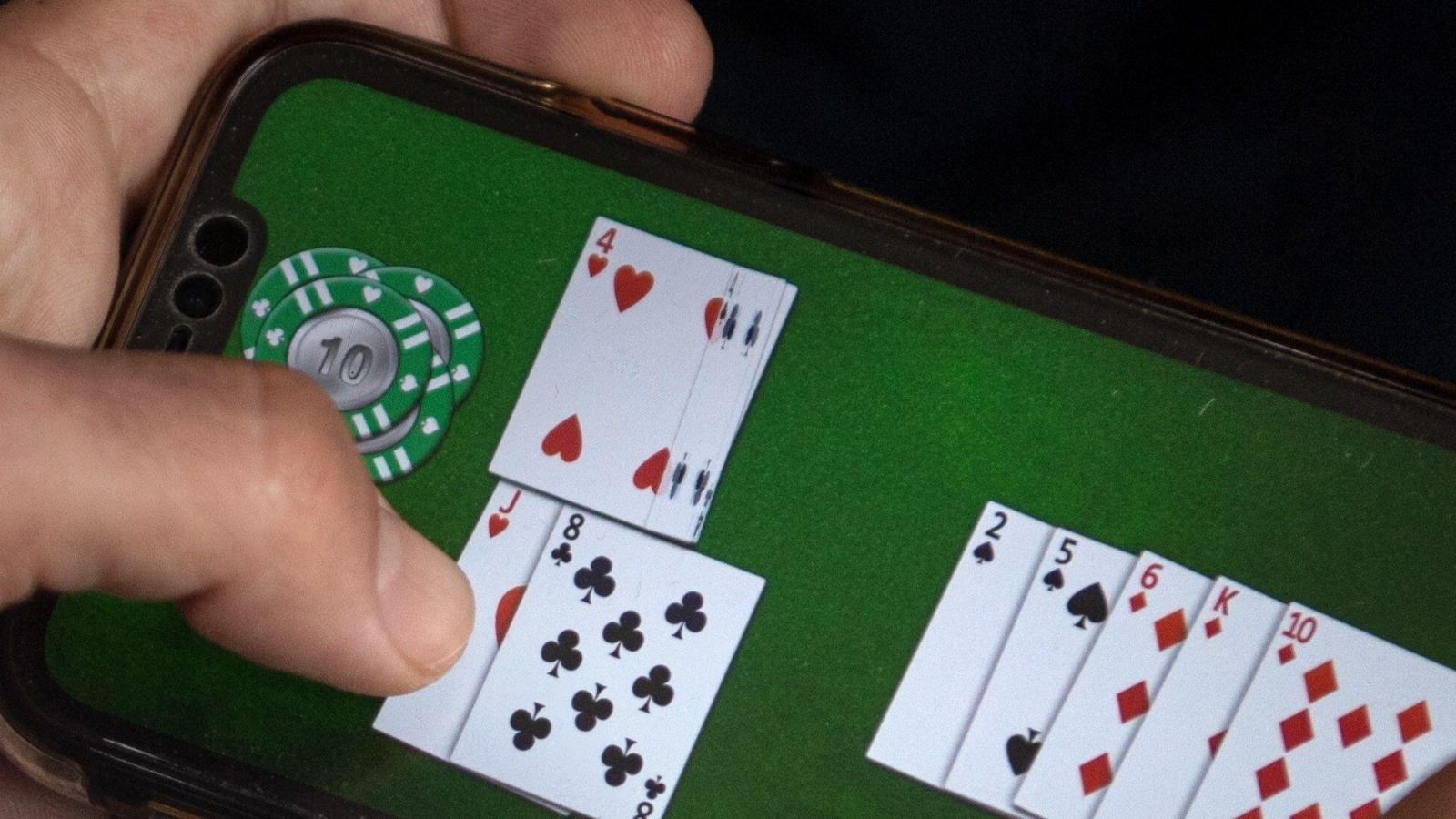Can any proposal for a casino in Manhattan survive the widespread resistance from local community boards and neighbors? That question hangs over the three surviving proposals for Manhattan casinos after the sudden collapse of the biggest of all of them, the $12-billion Wynn Resorts/RelatedCompanies plan to at long last deck over the western end of Hudson Yards and build an 80-story gaming palace and hotel.
“After careful consideration, we have decided not to lodge an application for a gaming license in New York City,” sniffed Wynn Resorts. “The recent rezoning process has made it clear to us that there are uses for our capital more accretive to our shareholders, such as investment in our existing and upcoming developments and stock buybacks, than investing in an area in which we, or any casino operator, will face years of persistent opposition despite our willingness to employee 5,000 New Yorkers.”
The Las Vegas-based gaming company seemed to have confused the city’s zoning procedures, which their plan with Related survived, with the specific steps set up by the legislature for siting the three downstate casinos that the state approved, in principal, seven years ago.
That siting process hands considerable power to local elected officials, in this case City Council Member Erik Bottcher, who scuttled the Hudson Yards casino after vehement community objections that it would overshadow the High Line and renege on Related’s earlier commitments to use the site primarily for housing.
“This casino proposal did not meet the high bar of community support that such a consequential project demands,” Bottcher said. More precisely, it failed to win the support of Bottcher and the other local elected officials, who sit on community advisory committees created under the siting process and, by sticking together, had the power to reject the casino at that location.
Bottcher said that under his agreement with Related “the site plan has been restored to resemble the original 2009 vision,” which called for more housing and, of course, no casino. As one of the largest undeveloped sites in the city, Hudson Yards certainly is unique. Yet, the defeat of the Wynn/Related plan dramatizes what some legislators have said all along, that the siting process created by the legislature puts tremendous power in the hands of communities and their local representatives
How will that affect the remaining eight proposals, including the three in Manhattan? I am opposed to any additional casinos—it would be great if no one decided to apply for a license,” said State Senator Liz Krueger, who represents the East Side and Midtown and who has continued to fight gambling, in principle, even though her legislative colleagues approved it, in principle. But Krueger acknowledged that her hope that the collapse of the Hudson Yards plan would discourage others probably won’t be realized. “I suspect plenty of the rumored applicants will move forward, and may see Hudson Yards dropping out as making their proposals more promising,” she said.
The process of picking sites for the new casinos has dragged out but is now coming to a head. Applications are due June 27, along with a $1-million application fee. All applicants must prove by the end of the year that they have the support of the community advisory committee for their location. The three remaining Manhattan proposals are:
* A 46-story casino and tower, The Avenir, by Silverstein Properties on empty property at Eleventh Avenue and 41st Street.
* A casino in Times Square at SL Green’s 1515 Broadway in conjunction with Caesars Entertainment and Jay-Z Roc Nation.
* A casino complex with hotel and apartments on the site of a former Con Ed power plant south of the United Nations along First Avenue between 38th and 41st streets. The site has long been owned by the Soloviev Group, which is working with the Mohegan tribal gaming and entertainment company.
Continued resistance was illustrated by the just-announced decision by the state gaming commission to add additional community hearings for both the Silverstein and Times Square proposals. The gaming commission was inundated with protest that the first hearings were scheduled without proper notice. “Shameful,” said Assembly Member Tony Simone.
The additional public session for the Caesars Palace Times Square proposal was held May 28, but written comments may be submitted until June 11. The extra public session for The Avenir was held May 29, but written comments maybe submitted until June 29.
Sign-up and submissions are via email to the gaming commission at Kristen.Buckley@gaming.ny.gov.
A plan by Saks to put a high-end casino on the top three floors of its Fifth Avenue flagship department store was withdrawn in mid-April. That was not as big a surprise as the Related/Wynn dropout since Saks’s parent company, Hudson Bay, appeared to be directing its attention elsewhere following its announced purchase of Neiman Marcus for $2.7 billion in December. Saks never brought in a gaming partner.
While there are three potential casino licenses at stake, experts have generally assumed that two of them will most likely go to expansions of existing “racinos” at racetracks in Yonkers in Westchester and Aqueduct in southeast Queens where Resorts World is pushing a $5-billion expansion. The thinking is that community resistance will presumably be muted for these already-operating facilities. And Yonkers Mayor Mike Spano has publicly called on NYS to award two of the three licenses to the two racinos.
That has only intensified the competition for the third license. In addition to the Manhattan proposals, applications are expected from: the billionaire New York Mets owner Steve Cohen and Hard Rock for the lot and parkland next to Citi Field; from Bally’s for the former Trump golf course in the Bronx; and from Thor Equities, Legends Entertainment, and the Chickasaw Nation for the boardwalk at Coney Island. For proposals that make it past the approval of the community advisory committee, the gaming commission says that its decision will then be heavily (70 percent) based on the potential revenue the casino will generate and how much the applicant proposes to share with the state. Even in the Trump era, the commission says that 10 percent of its decision will be based on the contribution the casino makes to diversity in the community.





